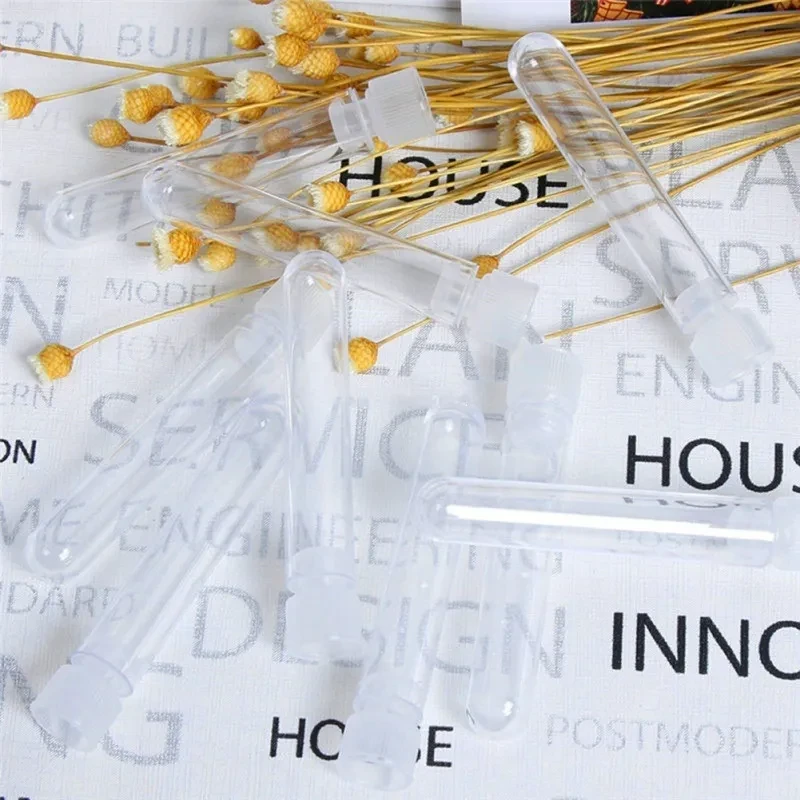
Science Equipment
Product Information:
Material: plastic
Size: 12x100mm
Color as shown
Quantity: 1 x test tube
Features:
1. Made of high-quality plastic, simple and durable.
2. It can store all kinds of small objects, brushes, one machine for multiple purposes.
3. Light weight and easy to carry, it can be used as a wishing bottle for friends.
4. It can be washed with warm water repeatedly.
5. Suitable for teaching and laboratory use, often used in filtration and heating experiments.
Packing List:
Plastic test tube*50pcs
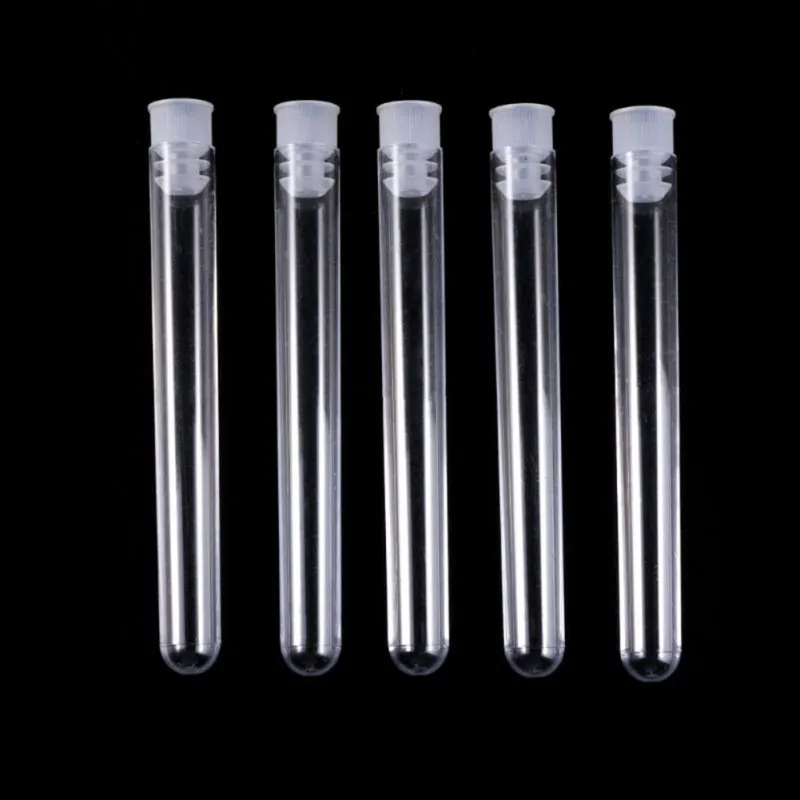
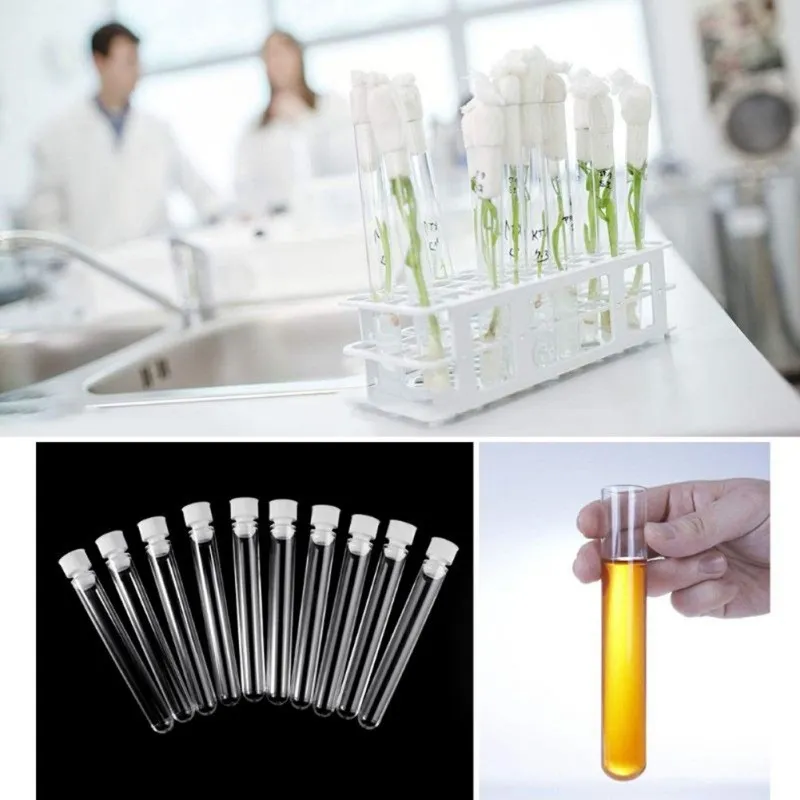
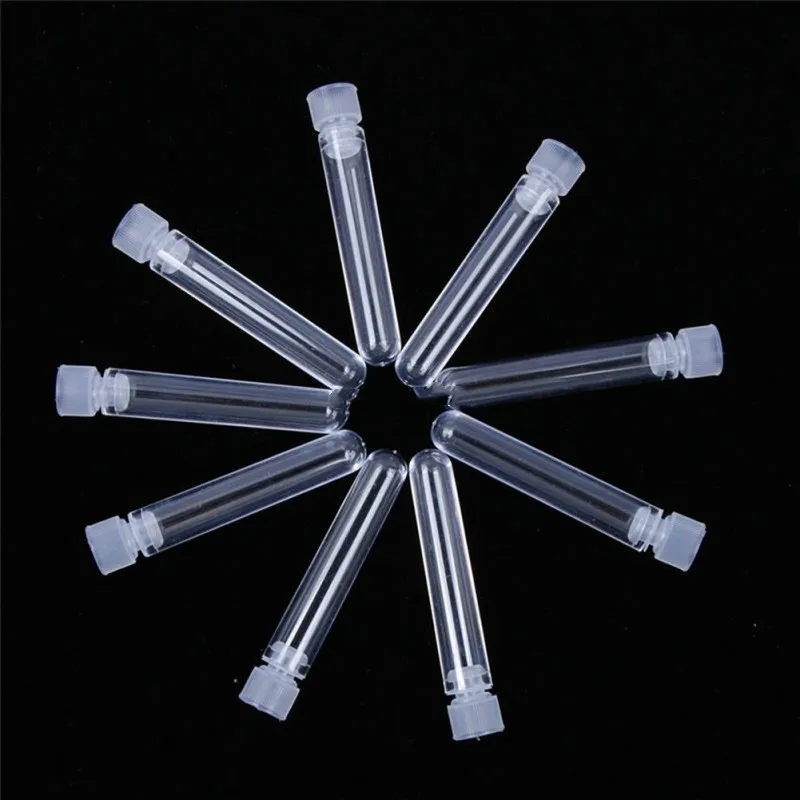
Science Equipment: Essential Tools for Scientific Exploration and Education
Science equipment plays a crucial role in scientific experiments, research, and education. Whether you're a student, educator, researcher, or hobbyist, having the right science equipment is essential for accurate results and hands-on learning. From laboratory glassware to instruments for data analysis, the right tools allow you to observe, measure, and test various scientific principles. This guide provides an overview of the essential science equipment used across different fields of science and how each tool contributes to the scientific process.
Description
Science equipment encompasses a wide range of tools and instruments designed for experiments, research, and learning. These tools vary depending on the branch of science being studied—such as physics, chemistry, biology, or environmental science. Some pieces of equipment are used for precise measurements, while others are used to perform chemical reactions, observe biological processes, or analyze physical properties.
In educational settings, science equipment is typically used to engage students in hands-on experiments, helping them understand key scientific concepts through practical application. In research laboratories, science equipment is employed for more specialized and complex tasks, such as data collection, testing hypotheses, or developing new theories.
Common science equipment includes glassware like beakers and flasks, microscopes, balances, thermometers, and chemical reagents. Many of these items are designed for specific applications, and choosing the right tools for an experiment or project is critical for success.
Key Points
-
Versatility: Science equipment is used across various scientific fields, including chemistry, biology, physics, and
environmental science.
-
Precision and Accuracy: Many pieces of science equipment are designed for precise measurements, ensuring reliable and
reproducible results.
-
Variety of Applications: From educational experiments to cutting-edge research, science equipment supports a wide range of
activities.
-
Essential for Hands-On Learning: Science equipment is vital for engaging students and researchers in practical experiments
and demonstrations.
-
Safety: Many pieces of science equipment come with safety features such as shields, protective covers, and proper materials
to ensure the safety of users.
-
Durability: Most science equipment is made from durable materials like glass, stainless steel, or plastic to withstand
repeated use in laboratory settings.
Types of Science Equipment
-
Glassware: Essential for performing chemical reactions and mixing liquids. Common items include:
- Beakers: Used for mixing and heating liquids.
- Flasks: Used for holding liquids, often with a narrow neck for easy pouring.
- Test Tubes: For holding small quantities of substances during experiments.
- Pipettes: For transferring precise amounts of liquid.
- Beakers: Used for mixing and heating liquids.
-
Microscopes: Used in biology and material science for observing microscopic organisms or structures. Types include:
- Compound Microscopes: For viewing small objects, such as cells or bacteria.
- Electron Microscopes: For studying extremely small details, like the structure of molecules or atoms.
- Compound Microscopes: For viewing small objects, such as cells or bacteria.
-
Balances and Scales: Used for measuring mass with high precision. Examples include:
- Analytical Balances: For precise measurements down to milligrams.
- Top-loading Balances: For less precise measurements, typically used in classrooms.
- Analytical Balances: For precise measurements down to milligrams.
-
Thermometers and Temperature Probes: Essential for measuring temperature in various scientific fields. Common types:
- Mercury Thermometers: Traditionally used for measuring temperature.
- Digital Thermometers: For accurate, easy-to-read temperature measurements.
- Thermocouples: For high-temperature measurements in industrial applications.
- Mercury Thermometers: Traditionally used for measuring temperature.
-
Spectrophotometers: Used to measure the amount of light absorbed by a sample, typically used in chemical analysis and
biochemistry.
-
Centrifuges: Used in biological and chemical laboratories to separate components of a sample based on their density.
-
pH Meters: Used to measure the acidity or alkalinity of a solution, important in chemistry and environmental science.
- Bunsen Burners: Commonly used in chemistry labs for heating substances during experiments.
-
Safety Equipment: Including goggles, gloves, and lab coats to ensure safe experimentation. These are essential in every
scientific environment to protect users from chemicals, heat, and other hazards.
Benefits
-
Enables Accurate Measurements: Science equipment allows for precise measurements, which are essential for obtaining
reliable and valid results in scientific experiments.
-
Facilitates Hands-On Learning: Students and researchers can actively engage with scientific concepts through practical
experiments, reinforcing theoretical knowledge and encouraging critical thinking.
-
Enhances Experimentation: With the right tools, scientists can test hypotheses, conduct experiments, and gather data more
effectively, leading to new discoveries and innovations.
-
Promotes Safety: Proper science equipment is designed with safety in mind, ensuring that users can conduct experiments
safely while minimizing the risk of accidents or exposure to harmful substances.
-
Supports Research and Development: High-quality science equipment is essential for researchers working in labs to develop
new materials, medicines, technologies, or solutions to problems.
-
Versatile Use: The variety of available science equipment ensures that it can be applied to a wide range of scientific
disciplines and activities, from simple classroom experiments to advanced research.
Why Choose High-Quality Science Equipment?
Selecting high-quality science equipment is essential for ensuring the accuracy and reliability of your experiments. Well-made instruments offer greater precision, longer durability, and better performance, which are critical factors for obtaining trustworthy results. Additionally, investing in quality equipment can help prevent accidents, improve safety, and reduce the frequency of repairs or replacements.
For educational settings, high-quality science equipment helps create a more engaging and effective learning experience. It allows students to experiment confidently and fosters a deeper understanding of scientific principles. In research labs, the reliability of the equipment can significantly impact the success of a project or experiment, ensuring that the data gathered is meaningful and accurate.
Conclusion
Science equipment is essential for a variety of scientific activities, from classroom experiments to advanced research projects. Whether you're conducting simple observations or pushing the boundaries of scientific knowledge, the right tools make all the difference. By choosing the appropriate science equipment, you can enhance your experiments, improve safety, and gain deeper insights into the world around you. Whether you're a student, educator, or researcher, the value of quality science equipment cannot be overstated—it is the foundation for successful scientific exploration.
The product may be provided by a different brand of comparable quality.
The actual product may vary slightly from the image shown.
Shop amazing plants at The Node – a top destination for plant lovers

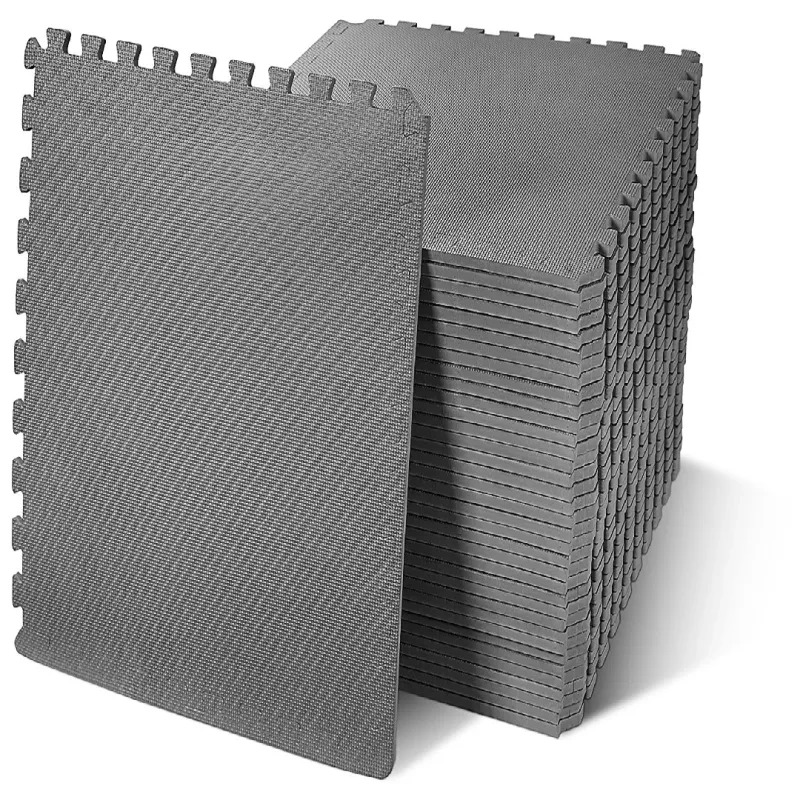
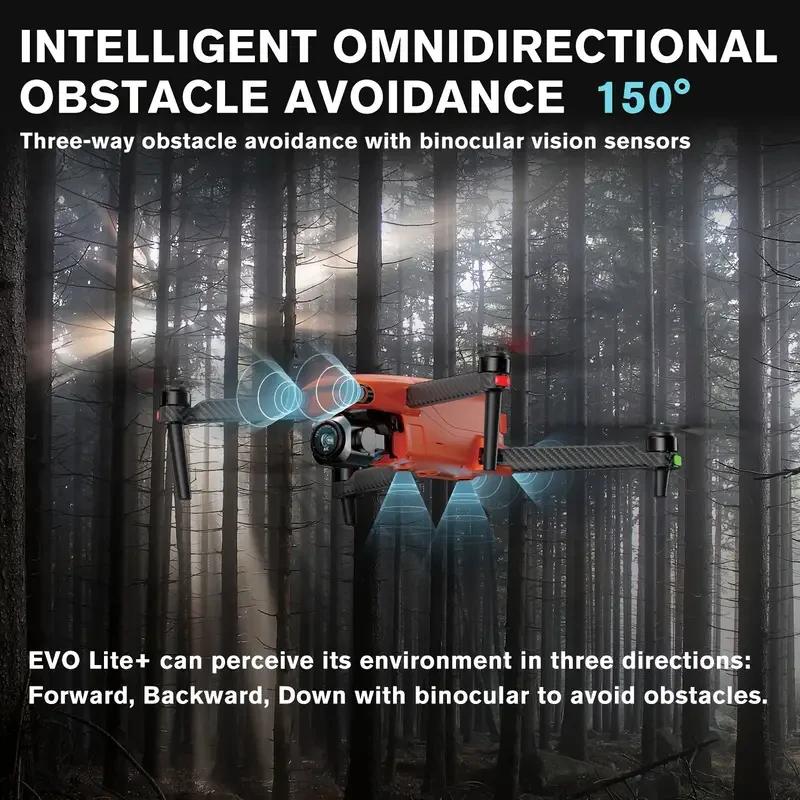

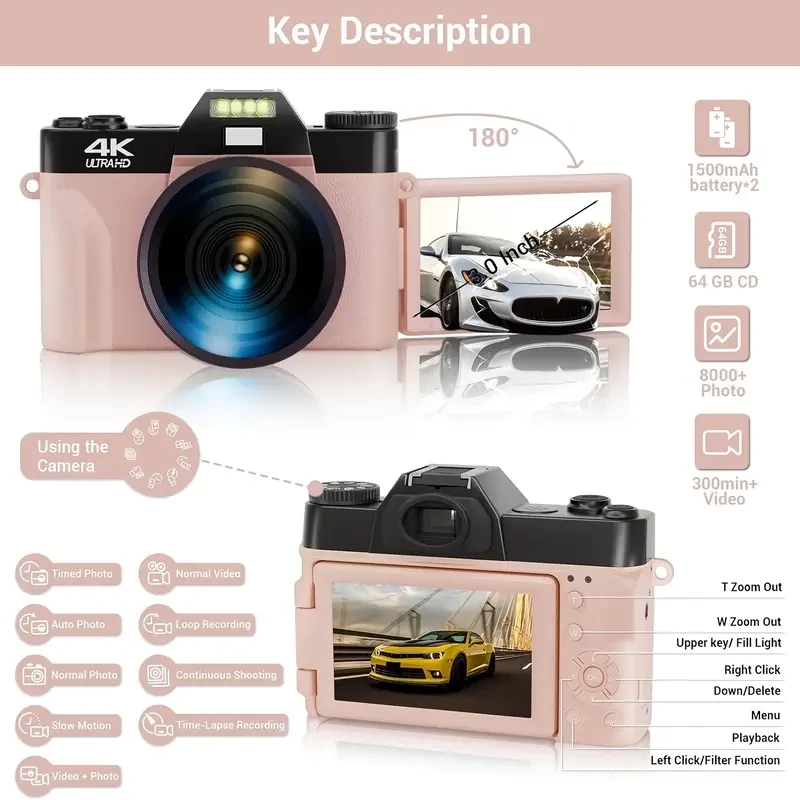


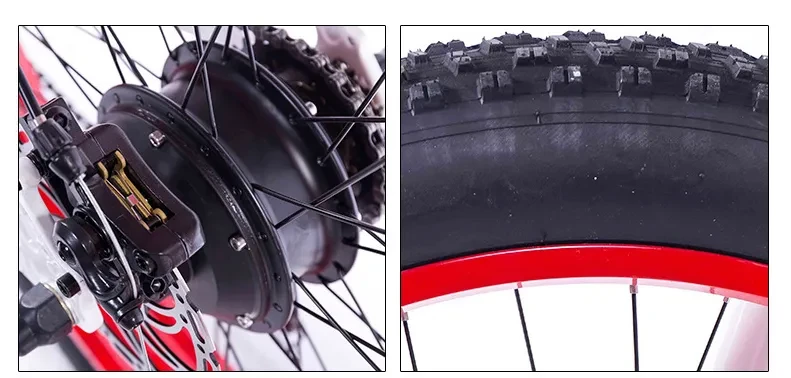
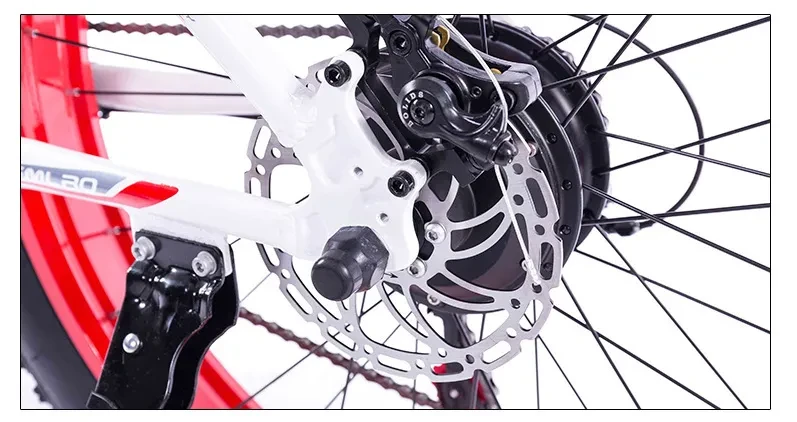













.jpg)
















































ulva-Logo.jpg)
